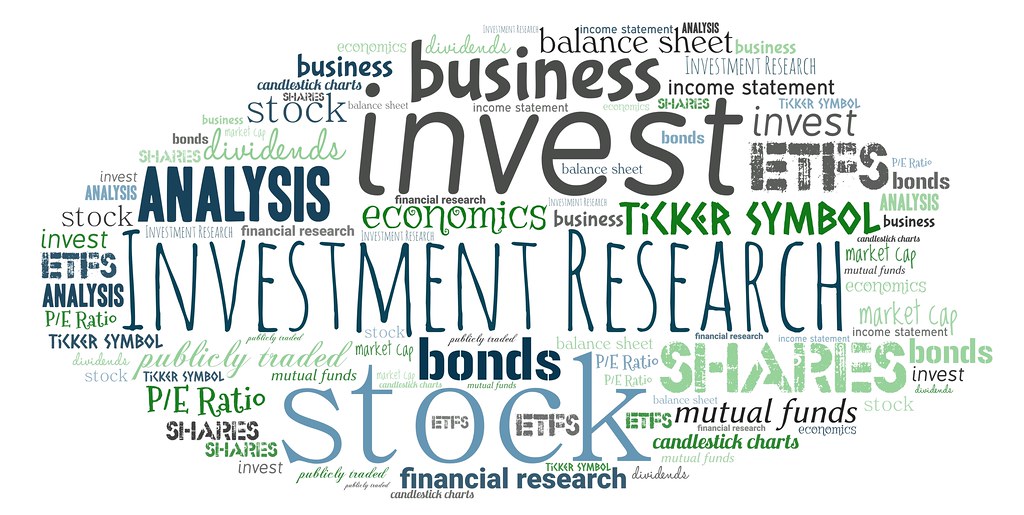Investing in the stock market is an endeavor that requires careful consideration and strategic planning. The timing of your investment can significantly impact the returns you generate. In this article, we will delve into the intricate world of stock market timing, exploring various factors that influence the best times to invest.
Introduction
Definition of Stock Market
Before we embark on our exploration, let’s establish what the stock market is. The stock market is a dynamic financial environment where buyers and sellers trade shares of publicly listed companies. Investors participate in the stock market with the aim of generating profits through the appreciation of their investments.
Importance of Timing in Stock Investment
Timing is crucial in the stock market. Knowing when to buy or sell can make the difference between a lucrative investment and a disappointing one. Understanding the various elements that contribute to optimal timing is essential for investors seeking success in the market.
Historical Trends

Analysis of Past Market Patterns
Examining historical trends is a valuable practice for investors. Analyzing past market patterns provides insights into how the market has behaved under different conditions, helping investors make informed decisions.
Key Factors Influencing Market Trends
Various factors, such as economic conditions, political events, and technological advancements, contribute to market trends. Identifying these key influencers can aid investors in anticipating potential market movements.
Economic Indicators
Unemployment Rates
Economic indicators play a pivotal role in gauging the health of the market. Unemployment rates, for instance, can impact consumer spending and corporate profits, ultimately influencing stock prices.
GDP Growth
Gross Domestic Product (GDP) growth is another critical economic indicator. Investors often assess the overall economic health of a country to gauge the potential for stock market growth.
Interest Rates
Interest rates set by central banks can influence the cost of borrowing and spending patterns. Investors closely monitor interest rate changes as they can have a ripple effect on stock valuations.
Seasonal Patterns

Year-End Trends
The stock market often experiences unique trends towards the end of the year. Understanding these year-end patterns can aid investors in making strategic decisions.
Holiday Seasons and Market Behavior
Holiday seasons can impact market liquidity and investor sentiment. Examining market behavior during holiday periods provides valuable insights for investors.
Earnings Seasons
Impact of Corporate Earnings Reports
Earnings seasons, during which companies release their financial results, can trigger significant market movements. Investors need to be attuned to these reports to make timely investment decisions.
Strategies for Navigating Earnings Seasons
Navigating earnings seasons requires a well-thought-out strategy. Investors can employ various tactics, such as diversification and risk management, to mitigate the impact of earnings-related market volatility.
Market Volatility
Understanding Volatility Index
Market volatility, often measured by the Volatility Index (VIX), indicates the degree of variation in stock prices. Investors can leverage market volatility to their advantage by implementing appropriate trading strategies.
Capitalizing on Volatility
Savvy investors understand that volatility presents opportunities. Whether through options trading or other sophisticated strategies, capitalizing on market volatility can be a viable approach for skilled investors.
Long-Term vs. Short-Term Investment
Pros and Cons of Long-Term Investment
Long-term investment strategies involve holding onto assets for an extended period. This approach has its advantages, including the potential for compounding returns, but also comes with its set of challenges.
Short-Term Trading Strategies
On the other hand, short-term trading involves more frequent buying and selling of assets. While it requires a different skill set, short-term trading can provide quicker returns for those who can navigate market fluctuations adeptly.
Global Events
Geopolitical Influences
Global events, such as geopolitical tensions, can have a profound impact on the stock market. Investors need to stay informed about international developments that may influence their portfolios.
Global Economic Events
Economic events on a global scale, such as recessions or economic expansions, can create ripple effects in the stock market. Being aware of these events is crucial for investors making informed decisions.
Market Sentiment
Role of Social Media
In the digital age, social media plays a significant role in shaping market sentiment. The collective mood of investors on platforms like Twitter and Reddit can influence stock prices.
Analyzing Investor Sentiment
Investors should develop the ability to analyze and interpret market sentiment. Understanding the emotional aspect of trading can help investors anticipate market movements.
Risk Tolerance
Assessing Personal Risk Tolerance
Every investor has a unique level of risk tolerance. Assessing your own risk tolerance is crucial in determining the type of investments that align with your financial goals and comfort level.
Aligning Investments with Risk Tolerance
Aligning investments with your risk tolerance involves selecting assets that match your willingness to endure market fluctuations. This alignment is key to maintaining a balanced and sustainable investment portfolio.
Diversification Strategies
A. Importance of a Diversified Portfolio
Diversification is a fundamental strategy for risk management. By spreading investments across different asset classes, investors can reduce the impact of poor performance in any single investment.
Asset Allocation Techniques
Strategically allocating assets involves determining the proportion of your portfolio dedicated to various asset classes. Asset allocation techniques are vital for optimizing risk and return.
Investment Tools
Use of Technology in Investment
Technology has revolutionized the investment landscape. Investors now have access to advanced tools and platforms that facilitate research, analysis, and execution of trades.
Popular Stock Trading Platforms
Numerous stock trading platforms cater to investors of all levels. Evaluating the features, fees, and usability of these platforms is essential for making informed choices in the digital age.
Expert Opinions
Insights from Financial Analysts
Financial analysts provide valuable insights into market trends and investment opportunities. While expert opinions can be beneficial, investors should critically evaluate and supplement them with their own research.
Contrarian Perspectives
Contrarian perspectives challenge mainstream views and offer alternative insights. Considering contrarian opinions can help investors gain a more comprehensive understanding of market dynamics.
Continuous Learning

Staying Informed about Market Changes
The stock market is dynamic, and staying informed is an ongoing process. Continuous learning and keeping abreast of market changes are vital for making timely and informed investment decisions.
Educational Resources for Investors
Numerous educational resources, from books to online courses, are available to investors. Utilizing these resources can enhance your understanding of market dynamics and investment strategies.
Conclusion
Summarizing Key Points
Investing in the stock market involves a combination of strategic timing, informed decision-making, and a keen understanding of market dynamics. By considering historical trends, economic indicators, and personal risk tolerance, investors can navigate the complexities of the stock market with greater confidence.
Encouraging Informed Investment Decisions
As you embark on your investment journey, remember that informed decisions are the cornerstone of successful investing. Take the time to assess your financial goals, stay informed about market changes, and align your investments with your risk tolerance for a more rewarding investment experience.


